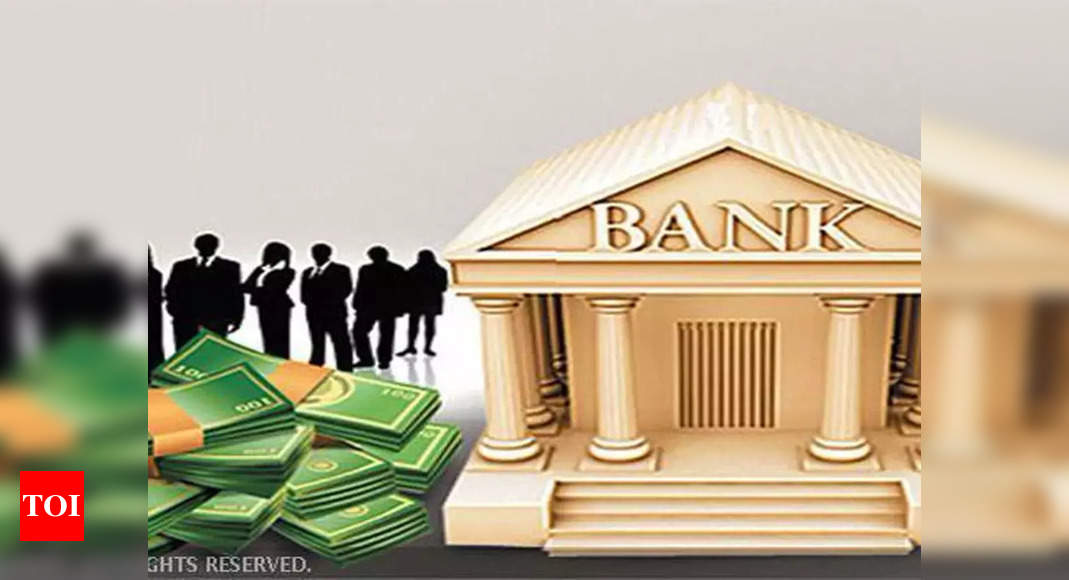Private banks are facing a significant increase in information technology expenses as a result of the growing prevalence of digital transactions. Unlike the one-time capital expenses incurred during the migration to core banking, IT costs have become a recurring expenditure, constituting up to 10% of operating expenses. Bankers have responded to queries regarding their IT capabilities in light of the RBI’s action on Kotak Mahindra Bank, which involved freezing digital onboarding and credit card issuance. They explain that investments in IT capability are ongoing and cannot be considered as one-time measures.
Previously, technology investments primarily involved the replication of manual tasks. However, current investments cover a wide range of areas, including the handling of billions of monthly transactions across channels, integration with other businesses and services, the use of analytics for targeted sales, and the implementation of artificial intelligence for customer service without human involvement.
The increasing reliance on technology has become a concern for the RBI, which aims to ensure that banks have made the necessary investments in systems to manage transaction volume, protect against fraud, and have a backup in place. Sandeep Batra, Executive Director of ICICI Bank, stated during an earnings call that their IT and cybersecurity spending as a percentage of overall spending had risen from 5.6% to about 9.4% between 2019 and the current fiscal year. Although technology spending is expected to continue growing at a faster pace than overall expenses, its rate of growth is projected to moderate due to the substantial pace.
Bankers mentioned that the issues highlighted by the RBI in the case of Kotak Mahindra Bank, such as IT equipment management, software updates, user access control, vendor risk management, and data security strategies, are part of the RBI’s supervisory checklist. These issues require constant attention and cannot be considered as one-time fixes.
According to Sumant Kathpalia, MD & CEO of IndusInd Bank, the bank allocates 8-10% of its total expenditure to information technology. He also mentioned the existence of a board-level committee tasked with continuously evaluating the bank’s technology capabilities. Yes Bank reported a 17% increase in IT expenditure to Rs 1,108 crores in FY24, which represents approximately 30% of the bank’s staff expenditure. The bank official explained that around 10% of their operating costs are attributed to technology and emphasized the conscious investment in technology, information security, and infrastructure for future scaling.
Subrat Mohanty, Executive Director in charge of banking operations at Axis Bank, noted that the bank has made investments to handle the surge in digital transactions while ensuring system resilience and data security. He highlighted the implementation of a strong and new-generation technology architecture that separates the core banking system from the middleware and frontend systems where most transactions occur.
Overall, private banks in India are grappling with rising IT expenses as digital transactions continue to grow. The investments in IT capabilities are viewed as continuous processes, with banks understanding the need for ongoing technology upgrades and addressing cybersecurity and operational concerns. As the banking sector increasingly relies on technology, maintaining a strong IT infrastructure and staying ahead of emerging trends become critical factors for success.









